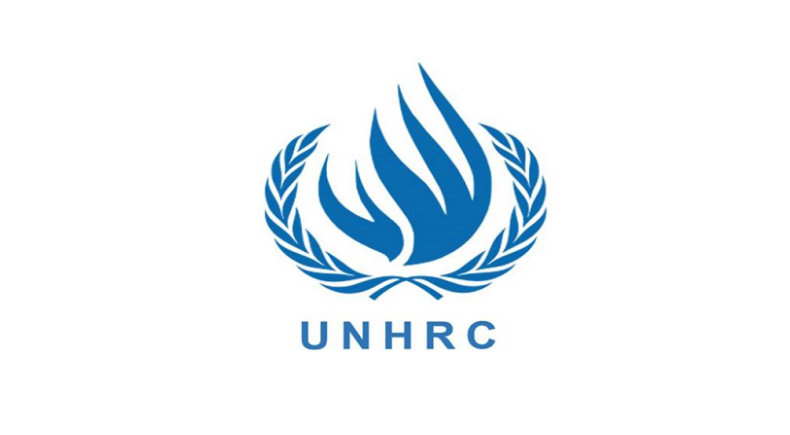The UNHRC as a Champion of Human Rights
June 7, 2019 | Expert Insights

Background
The UNHRC was established in 2006 by UN General Assembly Resolution 60/251 as a replacement for and the reform of the widely criticised UN Commission on Human Rights (CHR). The UNHRC was meant to pave a new and improved path for the UN’s human rights protection system. But fast-forward more than a decade and it remains subject to criticism on the grounds of failing to make the required impact. It has been accused many a time of not effecting change to the required extent and has been unable to pull away from its predecessor’s shortcomings.
Analysis
The human rights records of Western democracies are far from flawless themselves. However, the vast majority of States not included in this grouping have absolutely abysmal human rights records along with wholly inadequate human rights policies and safeguards. Only a handful of these nations are even democracies and the few that are, hardly have representative governments. This in turn reduces the government’s incentive to uphold and preserve international human rights standards. These nations, including Saudi Arabia, Hungary and the Philippines, are current members of the UNHRC and also will have the opportunity to run for re-election unopposed. Thus, they will continue to enjoy access to the Council’s membership in accordance with the prevailing membership standards (or lack thereof).
Another one of the primary criticisms that the Commission has been subject to, is its apparent anti-Israel bias. In 2002, it was reported that the CHR spent approximately 15% of its working hours since 1972 on Israel’s occupation of Palestine. This was also made the focus of more than 30% of its country-specific resolutions. Over the first 13 years of its existence, the UNHRC has made no effort whatsoever to address this. The problem is not that Israel is being censured, given that its occupation and human rights violations should be brought to its logical conclusion. The real problem lies in how the Jewish State, the only Middle Eastern democracy, is criticised to such an extent by countries such as China, Egypt, Ethiopia and Venezuela. These countries stifle dissent, strangle any and all political opposition, pursue their own draconian policies and thus shouldn’t be in a position to censure other nations.
Counterpoint
As put forth above, the UNHRC is far from perfect, and suffers from multiple inadequacies. Nevertheless, it would be wrong to say that the Council has not made considerable progress towards protecting people’s rights and implementing international human rights standards to a certain extent.
One such example is the Universal Periodic Review. This is a novel mechanism that provides each and every member of the UN with the opportunity to deliver recommendations to any other member State with regard to its human rights activities. Although these recommendations are non-binding, the results of the first two cycles of the UPR as well as of its ongoing third cycle have been promising. This is hopefully a sign of things to come, as such mechanisms often have an effect of depoliticising and internationalising the idea of human rights as a fundamental obligation under international law.
Assessment
Our assessment is that the UNHRC has seriously fallen short in its mandate to ensure effective enjoyment of human rights. It has been too often reactive and prone to double standards, and its programme of work is vastly overloaded.
It is our belief that the UNHRC has become the basin where Security Council members wash their hands of responsibility for gross human rights violations. Indeed, many of these as well as other areas needing improvement depend primarily on the behaviour and sustained cooperation of member states, without which things will remain in their sorry state.
Nevertheless, we are of the opinion that the Council could contribute to addressing certain human rights issues more effectively by launching less politicised and more practical exchanges in various forums. The HRC’s momentous resolution on combating intolerance on the basis of religion gave rise to the Istanbul Process. This process embodies such an approach and should serve as a model for addressing other similarly challenging issues.








Comments